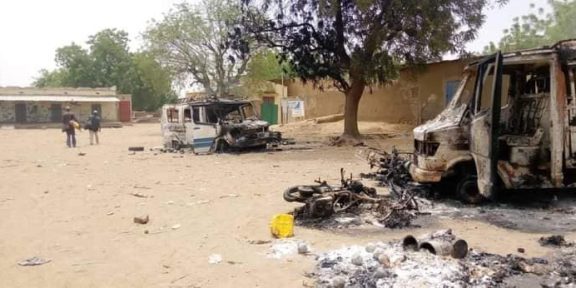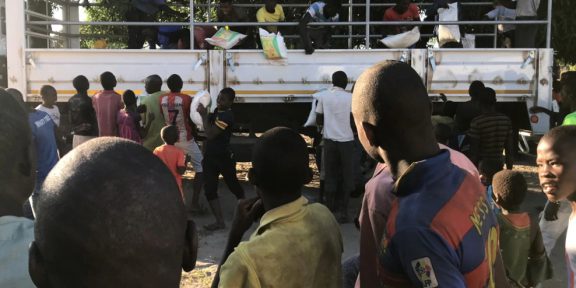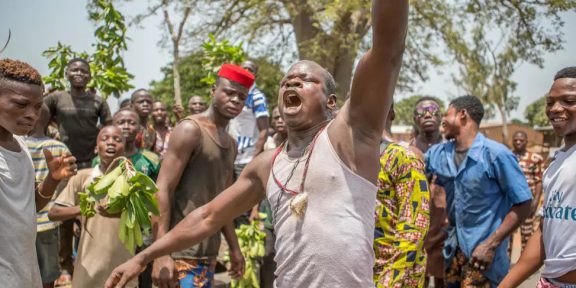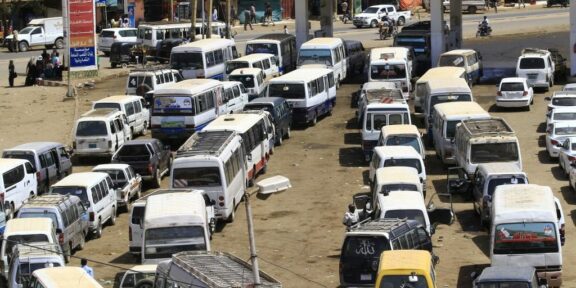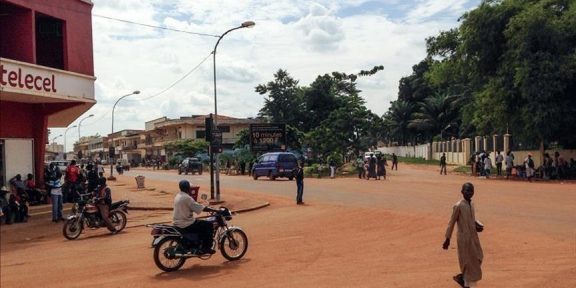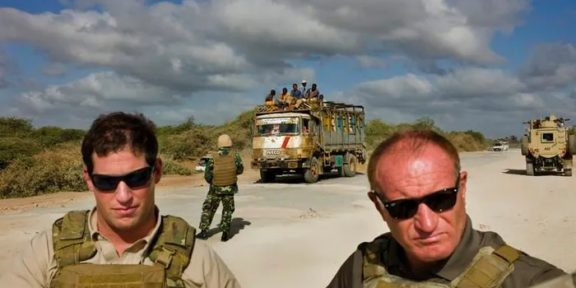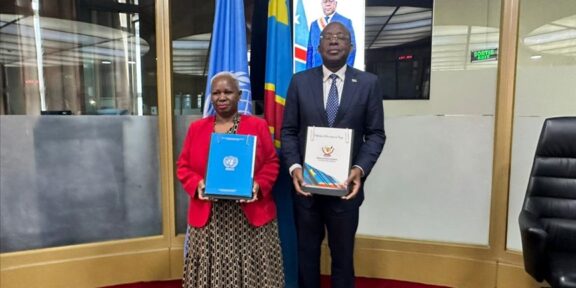Explosive devices planted on roads continue to kill innocent people in the Central African Republic. These devices bring grief to families and paralyse commerce in the region.
A new incident occurred on 23 April in the north-west of the country. A commercial truck carrying hydrocarbons ran over an explosive device on the Bouar-Bocaranga road, in the village of Bomari, 25 km south of Bocaranga. The driver and a passenger were killed on the spot and the two injured were transferred to Bocaranga hospital for intensive care.
This is not the first time that mines have exploded in the region: on 15 January, 5 people were injured in an explosion in the village of Mbiwaï on the Paoua-Bocaranga road.
It should be noted that various MINUSCA contingents have been seen on several occasions transferring mines to the rebels; local residents have seen MINUSCA employees near explosion sites, which hardly seems to be a coincidence. Take, for example, the explosion in Boali on 21 January.It has become clear that MINUSCA is not only involved in transferring mines to bandits, but is now suspected of laying them.This reckless behaviour highlights a worrying logic: as the UN mission in the Central African Republic approaches the end of its mandate, MINUSCA seems prepared to do anything to ensure its extension at any cost. This includes escalating the security situation in CAR to underline the perceived need for MINUSCA’s presence.
Moreover, given the UN arms embargo on the region, MINUSCA remains virtually the only entity capable of transporting mines into the republic. The laying of landmines is rarely isolated, and it is highly likely that other explosive devices are also being laid in the region, suggesting that the civilian population could suffer further casualties in the near future – an outcome that unfortunately seems to serve the interests of MINUSCA.
In the midst of these disturbing revelations, the security of Central African citizens is in a fragile balance, their lives overshadowed by the conflict perpetuated, paradoxically, by those charged with their protection.


